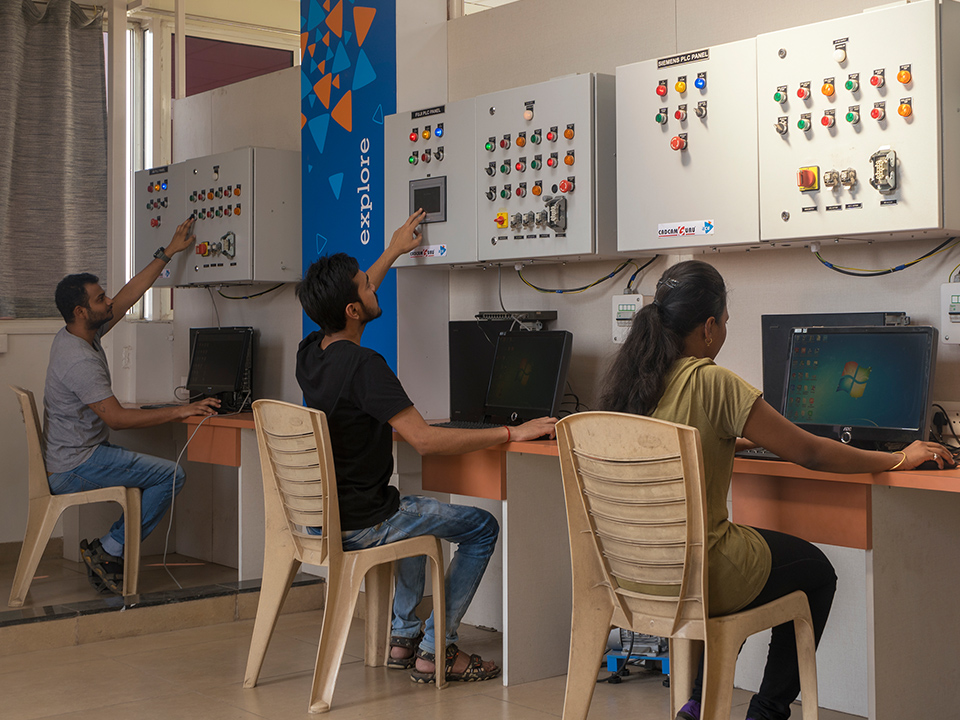Do you crave a dynamic career that merges your electronics expertise with the tangible world of manufacturing? Then look no further than Industrial Automation!
This booming field offers a wealth of exciting opportunities for electronics engineers to leverage their knowledge and create impactful solutions.
Why Industrial Automation?
- Challenge and Innovation: Be at the forefront of designing, developing, and implementing automated systems that revolutionize manufacturing processes.
- Diverse Applications: From automotive assembly lines to robotics in healthcare, industrial automation spans a vast array of industries, ensuring a never-ending stream of new challenges.
- Technical Breadth: Utilize your electronics knowledge alongside control systems, programming (PLCs, SCADA), and mechanical components.
- High Demand: The need for skilled automation engineers is skyrocketing, providing ample job security and growth opportunities.
What Skills Will Shine?
- Solid Foundation in Electronics: Your understanding of circuits, analog/digital systems, and electronic components is crucial.
- Control Systems and Automation Principles: Grasp how feedback loops, sensors, and actuators work in an automated system.
- PLC Programming: Expertise in Programmable Logic Controllers (PLCs) – the brains of many industrial systems – is a major asset.
- Familiarity with SCADA and HMI: Knowledge of Supervisory Control and Data Acquisition (SCADA) systems and Human-Machine Interfaces (HMI) is valuable.
- Problem-Solving and Analytical Skills: You’ll troubleshoot complex issues and optimize system performance.
- Communication and Teamwork: Collaboration with mechanical engineers, technicians, and production personnel is key.
Ready to Make the Leap?
- Explore Industrial Automation Courses: Expand your skillset with specialized training in PLCs, SCADA, and industrial networking.
- Network with Professionals: Connect with automation engineers at industry events or online forums to gain insights into the field.
- Highlight your Transferable Skills: Showcase how your electronics knowledge translates to automation projects in your resume and interviews.
Industrial Automation offers a rewarding career path for electronics engineers who are eager to apply their skills in a dynamic and impactful way. Embrace the challenge and become an architect of the future of manufacturing!
Connect to Cadcamguru for free councelling


